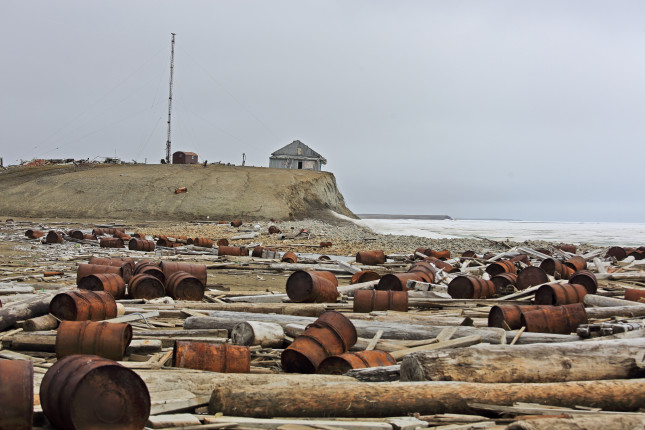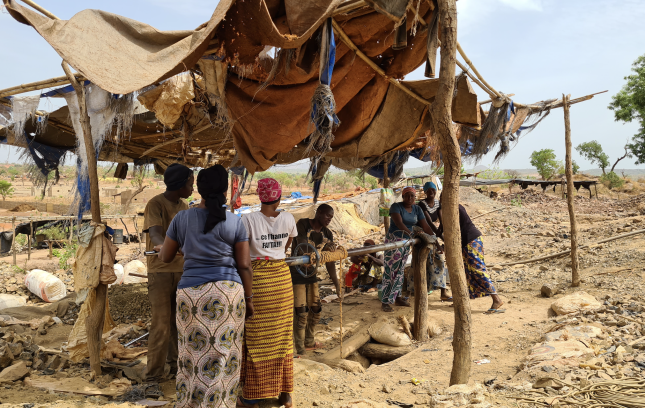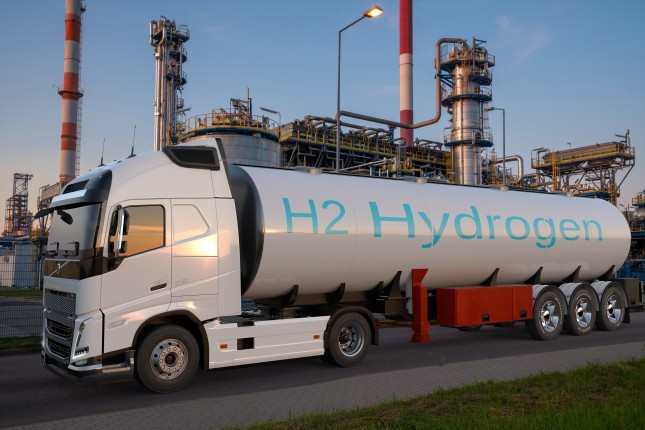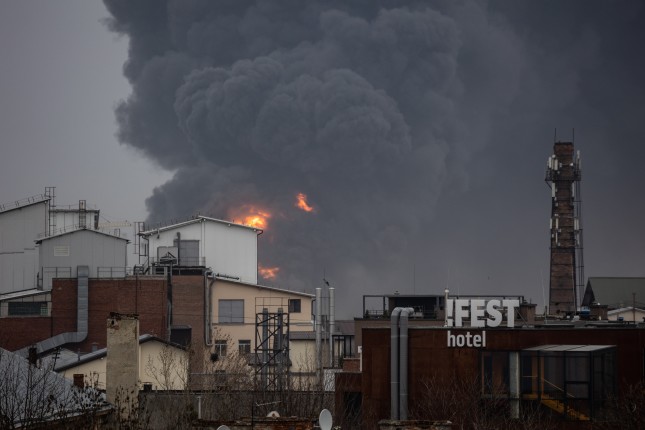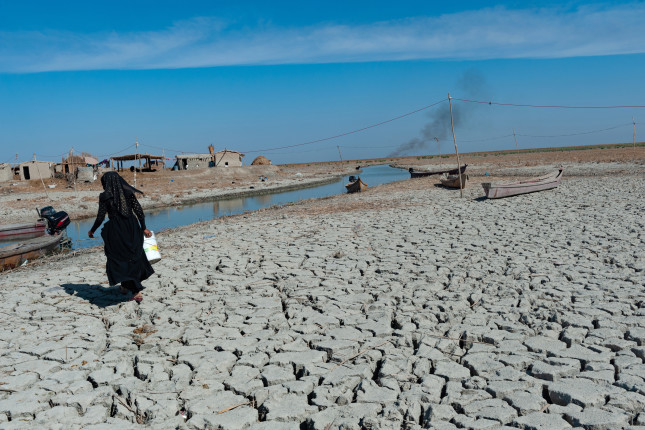-
ECSP Weekly Watch | July 3 – 7
›
A window into what we are reading at the Wilson Center’s Environmental Change and Security Program
In Conflict-Affected Somalia, Climate Change Adds to Migration Pressures
In the Somalian coastal town of Hobyo, thousands of residents—some of whom settled there to flee the country’s civil war—are starting to leave. Why? Their homes are being engulfed by sand.
-
Solving Municipal Solid Waste Management Challenges in Arctic Cities
›
The Arctic was once untouched and pristine. However, over the years, the polar environment has experienced ecological damage caused by extensive resource exploration, military activities, and contamination from sources originating outside of the region. The extent and implications of the human-induced pollution legacy are still awaiting comprehensive estimation, measures, and solutions.
-
John Podesta on the Inflation Reduction Act and a New American Industrial Strategy
› Through the Inflation Reduction Act, the Biden administration has launched a new industrial strategy. Today’s episode of New Security Broadcast highlights a fireside chat at a Wilson Center event between John Podesta, Senior Advisor to the President for Clean Energy Innovation and Implementation, and Duncan Wood, Wilson Center Vice President for Strategy and New Initiatives. Podesta and Wood explore the opportunities provided by the Inflation Reduction Act for the U.S. and its allies.
Through the Inflation Reduction Act, the Biden administration has launched a new industrial strategy. Today’s episode of New Security Broadcast highlights a fireside chat at a Wilson Center event between John Podesta, Senior Advisor to the President for Clean Energy Innovation and Implementation, and Duncan Wood, Wilson Center Vice President for Strategy and New Initiatives. Podesta and Wood explore the opportunities provided by the Inflation Reduction Act for the U.S. and its allies. -
Building Peace by Formalizing Gold Mining in the Central Sahel
›The Central Sahel is increasingly deemed the new epicenter of terrorism, accounting for 35 percent of global terrorism deaths in 2021. Yet as the situation in the region continues to deteriorate, artisanal and small-scale gold mining (ASGM) both persists and proliferates. For instance, in Mali, where much of the region’s security crisis originates, this conundrum is laid bare.
-
Carbon and Hydrogen in Meeting Climate Goals: Framing Matters
›
As international cooperation to mitigate climate change gathers pace, most European nations have adopted strategies to decarbonize their economies. It is a signal that these countries recognize the need to reduce the concentration of carbon dioxide in the atmosphere in order to limit global warming to 1.5 degrees Celsius above pre-industrial levels.
-
Russia’s War in Ukraine: Green Policies in a New Energy Geopolitics
›
Russia’s brutal aggression has wreaked devastation in Ukraine for more than a year. It has also forced a fundamental rethink of geopolitics. Central to that new thinking is the role of energy security and how to manage the insecurities created by the lopsided dependencies exposed by the conflict.
-
How is Climate Change Affecting MENA? Local Experts Weigh In
›From the Wilson Center // April 21, 2023 // By Khalil Abu Allan, Eslam A. Hassanein, Gokce Sencan & Neeshad ShafiFor Earth Day 2023, members of the Agents of Change Youth Fellowship answered this question: What is the biggest environmental or climate change related challenge facing your community today? Their responses reveal a pattern of vulnerability facing the MENA region.
-
New Security Broadcast | Ecoaction’s Kostiantyn Krynytskyi on Securing Ukraine’s Energy Future
› Since the start of Russia’s war in Ukraine, Kostiantyn Krynytskyi, Head of Energy at Ecoaction, and his colleagues, have been tracking the ongoing environmental damage caused by Russia’s aggression. In today’s episode of New Security Broadcast, ECSP Director Lauren Risi speaks with Krynytskyi to discuss how Ecoaction, the largest environmental NGO in Ukraine, is mapping out the environmental destruction caused by the war and working to develop a green post-war reconstruction of Ukraine. Krynytskyi shares how the war has impacted Ecoaction’s priorities and shifted its approach to address short-term energy needs in Ukraine while safeguarding a secure and sustainable energy future.
Since the start of Russia’s war in Ukraine, Kostiantyn Krynytskyi, Head of Energy at Ecoaction, and his colleagues, have been tracking the ongoing environmental damage caused by Russia’s aggression. In today’s episode of New Security Broadcast, ECSP Director Lauren Risi speaks with Krynytskyi to discuss how Ecoaction, the largest environmental NGO in Ukraine, is mapping out the environmental destruction caused by the war and working to develop a green post-war reconstruction of Ukraine. Krynytskyi shares how the war has impacted Ecoaction’s priorities and shifted its approach to address short-term energy needs in Ukraine while safeguarding a secure and sustainable energy future.
Showing posts from category energy.


